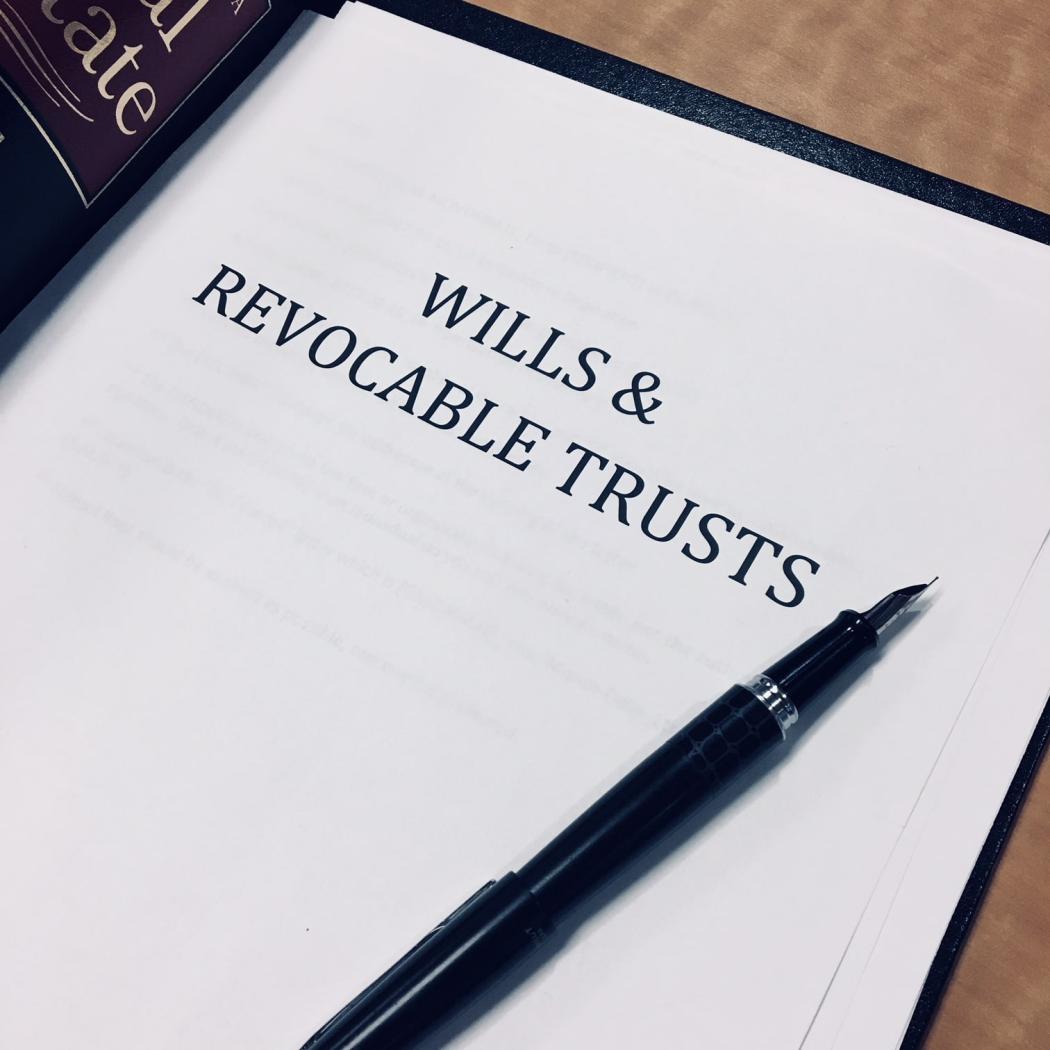What Should I Do If I Have a Change of Heart About My Will or Trust?
A will and a trust are legal documents that outline an individual's wishes for the distribution of their assets after their death. Having a will or trust in place is essential to ensure that one's assets are distributed according to their wishes and to avoid potential legal complications.

Reasons For A Change Of Heart:
There are several reasons why an individual may have a change of heart about their will or trust. These reasons can be broadly categorized into three main groups:
1. Life Changes:- Marriage, divorce, birth of children, or changes in family dynamics.
- Changes in financial circumstances, such as inheritance or significant financial loss.
- Relocation to a different state or country.
- Changes in personal beliefs or values.
- Changes in charitable interests or causes one wishes to support.
- Changes in environmental or social concerns.
- Discovering errors or omissions in the original document.
- Changes in the law that affect the validity or enforceability of the original document.
Legal Considerations:
When considering a change to a will or trust, there are several legal considerations that must be taken into account:
1. Revocability of Wills and Trusts:- Wills are generally revocable during the lifetime of the individual who created them.
- Trusts can be revocable or irrevocable, depending on the type of trust and the terms set forth in the trust document.
- There are specific legal requirements and procedures for amending or revoking a will or trust.
- It is important to seek legal advice from an estate planning attorney to ensure that the changes are made correctly and in accordance with the law.
- Changing a will or trust may result in potential legal challenges from beneficiaries who may be affected by the changes.
- There may be potential tax implications, such as gift taxes or estate taxes.
- Changing a will or trust may impact the distribution of assets and the administration of the estate.
Steps To Take When Changing A Will Or Trust:
If you are considering changing your will or trust, it is important to take the following steps:
1. Consult an Estate Planning Attorney:- Seek legal advice from an experienced estate planning attorney.
- Discuss the reasons for the change and the desired outcomes.
- Review the original document thoroughly to identify specific provisions that need to be changed.
- Consider whether the changes can be made through an amendment or if a new will or trust is necessary.
- If a new will or trust is required, have the attorney draft the new document.
- Ensure that the new document reflects the desired changes and complies with all legal requirements.
- Sign the new will or trust in the presence of witnesses, as required by law.
- Ensure that all formalities are followed to make the document legally valid.
- Keep the new will or trust in a safe and secure location.
- Inform the executor or trustee of the location of the new document.

Keeping a will or trust up-to-date to reflect changes in circumstances, values, and legal requirements is essential. Regularly reviewing estate planning documents with an estate planning attorney ensures that your wishes are being met and that your assets are distributed according to your intentions.
YesNo

Leave a Reply